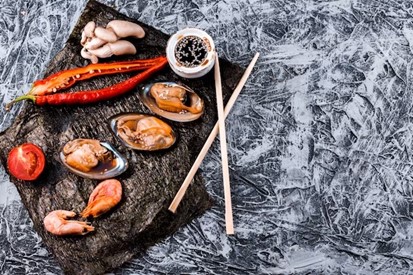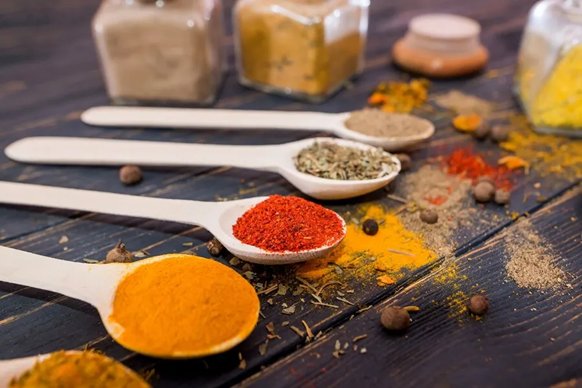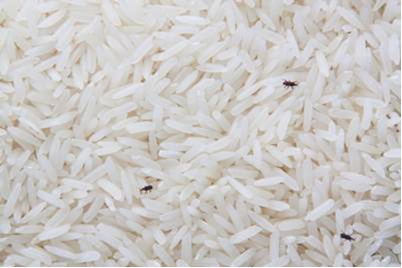What is raw marinated seafood?
Marinated raw seafood is typically made by marinating raw seafood in a mixture of soy sauce, vinegar, garlic, and other spices. This dish is popular in many Asian countries, such as Korea and Thailand, and has gained popularity in Singapore in recent years. While soy sauce is typically used to improve flavour and tenderness, the salt content also reduces bacterial growth to some extent.
What are the risks of consuming raw marinated seafood?
While you may enjoy eating raw marinated seafood, please bear in mind that there are risks involved. Raw marinated seafood is a high-risk food which presents a range of hazards. It may be contaminated by bacteria (e.g. Salmonella and Vibrio), parasites (e.g. round worms and tapeworms) and viruses (e.g. Norovirus and Hepatitis A), which can survive in raw marinated seafood. Consumption of such seafood may lead to food-borne illnesses, resulting in symptoms like nausea, vomiting, abdominal pain, diarrhoea, fever and in severe cases, dehydration and neurological symptoms.
While marination using soy sauce possesses some antimicrobial properties, it is ineffective in preventing foodborne illnesses caused by these harmful microorganisms and parasites. Therefore, marinating raw seafood is not a substitute for cooking.
How can we reduce the risk of food-borne illness from consuming raw marinated seafood?
Raw marinated seafood must meet SFA’s microbiological standards for Ready-to-Eat (RTE) food products and are subjected to SFA’s surveillance monitoring programme. While SFA has safeguards in place, food safety is a joint responsibility. The industry and consumers can play their part to ensure food safety.
Importers and handlers of raw marinated seafood should ensure that the water source is not contaminated and that the suppliers have implemented appropriate cold chain management.
Consumers who choose to consume raw marinated seafood must be aware of the risks involved. As a general precaution, those with weakened immune systems such as the elderly, pregnant women, infants and children, or those who are ill, should avoid consuming such products.
Here are some tips for food handlers and consumers:
- Use clean water to wash seafood that is intended to be eaten raw and to prepare ice for storing raw marinated seafood.
- Store raw marinated seafood at temperatures (below 4°C) that minimise and/or prevent the growth of pathogenic bacteria.
- Raw marinated seafood should be kept away from other raw food that are not RTE. Place raw marinated seafood above other raw food in the refrigerator to prevent raw food juices from dripping on them.
- Use separate utensils when handling raw marinated seafood and other raw food.
- Purchase raw marinated seafood from SFA-approved sources, and consume it immediately after removing it from the fridge.
- Seek medical attention immediately if you encounter symptoms such as diarrhoea and vomiting after consuming raw marinated seafood.
References
- Guidelines on the Application of General Principles of Food Hygiene to the Control of Pathogenic Vibrio Species in Seafood. Codex Alimentarius, CXG 73-2010.
About the author
Soon Fang Min is a Scientist from the Risk Assessment and Communications Department of the National Centre for Food Science. She has attained a Bachelor of Science with Honours in Food Science and Technology from the National University of Singapore.




